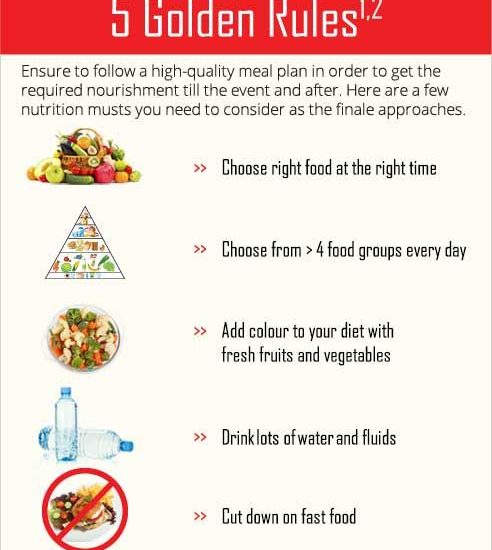Pre-Workout vs Post-Workout Meals: Whatв the Difference?
When it comes to fueling your body for exercise, what you eat before and after your workout can have a significant impact on your performance and results. While both pre-workout and post-workout meals are important, they serve different purposes and should be tailored to meet your individual needs and goals.
Pre-workout nutrition is all about providing your body with the fuel it needs to perform at its best during your workout. The goal is to give your muscles the energy they need to sustain high-intensity exercise and maximize your performance.
Timing
It’s recommended to consume a pre-workout meal or snack 1-3 hours before your workout. This allows enough time for your body to digest and absorb the nutrients, providing you with sustained energy throughout your exercise session.
What to Eat
For optimal pre-workout nutrition, focus on consuming a combination of carbohydrates and protein. Carbohydrates are your body’s primary source of energy, while protein helps to support muscle repair and growth.
Some examples of pre-workout meals and snacks include:
Whole grain toast with nut butter
Greek yogurt with berries
Oatmeal with sliced bananas
Chicken and vegetable stir-fry
Post-Workout Nutrition
Post-workout nutrition is crucial for replenishing glycogen stores, repairing muscle tissue, and promoting recovery after exercise. The goal is to provide your body with the nutrients it needs to recover quickly and efficiently.
Timing
It’s recommended to consume a post-workout meal or snack within 30 minutes to 2 hours after your workout. This window of opportunity is known as the “anabolic window,” during which your body is most efficient at repairing and rebuilding muscle tissue.
What to Eat
For optimal post-workout nutrition, focus on consuming a combination of carbohydrates and protein. Carbohydrates help to replenish glycogen stores, while protein supports muscle repair and growth.
Some examples of post-workout meals and snacks include:
Protein shake with banana
Grilled chicken with sweet potato
Salmon with quinoa and roasted vegetables
Greek yogurt with granola and honey
Conclusion
While both pre-workout and post-workout nutrition are important for fueling your body and supporting your fitness goals, they serve different purposes and should be tailored to meet your individual needs. By understanding the differences between pre-workout and post-workout meals, you can optimize your exercise performance, recovery, and results.
Remember to experiment with different foods and timing strategies to find what works best for you and your unique needs. And always listen to your body to ensure you’re giving it the fuel and nourishment it needs to perform at its best.


